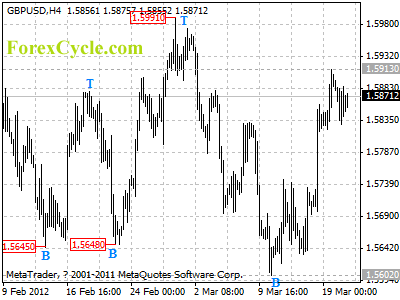Are you wondering why you are not making money in the forex market despite all your efforts ? Do you find the market too difficult ?
Sure you are missing out something, and the most important: the mental skills. The mental skills needed to face the current forex market conditions, and to profit from it are:
Hope
self-Transcendence
Imagery
Even if there is no hope, you have to create it
Being a successful trader is a long journey, we all underestimated in the beginning. As the time pass by, we come to the conclusion that the trading strategy or strategies we are currently using are no more consistent. Now, we want to quit…
There is no more hope, no long term perspectives of getting anything good from this market. That is the line which separate winners from losers. In order to advance in our life, we need to be hopeful of a brighter future no matter what happens. To be more clear, when there is no hope, we need to create it. Hope is a powerful force existing within us.
How to activate hope and keep it strong ?
Living one’s life as a mission
Living one’s life as a mission for the true happiness of other human beings generate a constant flow of joy to advance even when we face hard times. As people say, building self-discipline is too difficult, almost impossible. But following a strong discipline, and rule built by the others is something easier than anything else.
This is the daily life of the trader. A trader trading a firm capital’s will strictly respect the minimum and maximum applied to him by the company’s rules. But, being in his own, he won’t be able to follow the same rules with the same commitment. That’s why living one’s life or viewing your trading activities as a mission to help other people in the future is the shortest way to achieve discipline, a maintain a burning hope…
Feeling trading difficulties as an insult…
Not insults in the way that they defeat you, but a prevarication to yourself, but as a call to firmly determine yourself in order to show them what you can achieve in your life and trading career. In the late 80, when China was trying to open to the western world, they came out producing some movies we all like in the beginning. Some Shaolin or Karate movies. The bottom line was almost the same.
A young man, or sometimes a kid saw his father or uncle being killed by murderers, and he decides to avenger him. So a few weeks later, he will start to train, train and train to death. Finally, at the end of the movie, after several trading months and hard struggles he will end up killing those who murdered his relative.
Even the bandit chief…This is the kind of spirit; we have to conquer and develop with our trading activities. When Mahatma Gandhi decided to start his non-violence struggle, he and his friends made a great vow : They bloodshed themselves swearing one to an other this :
“ in this battle we are going to start, the guy who is not ready to fight till the final victory, it’s better for him to quit right away. But if you decide to follow the group, and in the middle of the difficulties you betray, we are going to kill you by all means…”
When we have such images in our minds, we can never be defeated, by any challenging situation. This is what we call commitment. If you don’t swear to yourself or even to somebody else, make sure all the effort you are making, are just joke and only joke.
The real change in the direction of your trading career comes in when you put your determination and goals as an oath on a piece of paper and come back from time to time to read it and refresh your determination.
In short, the 2 ways to keep our hope strong is to live our life as a mission and to feel our trading difficulties as an insult.
Kevin Fiollo is a Forex trader and a currency exchange… He has been working with several companies before starting his own. He advises important money transfer agencies while managing his company…
Find his daily market and economic reflexions at:
http://www.yen-to-pounds.net/Forex-Articles-Reflexions.html





